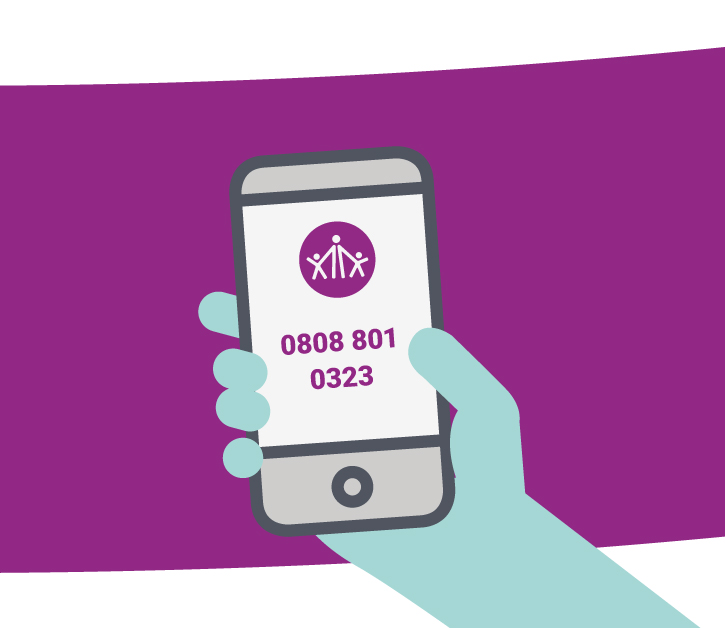What the 2025 autumn budget means for single parents
The autumn budget was announced on 26 November 2025 and outlines the Labour Government’s plans for spending.

26/11/2025
Although the Scottish budget won’t be announced until January 2026, it’s still useful to think about how the UK autumn budget will affect single parents in Scotland.
What is the autumn budget?
The autumn budget talks about the UK’s financial situation and sets out the Government’s changes to taxation and spending.
Most of the changes in the budget won’t come into effect until the new tax year in April 2026, but it’s good to be aware of what will be changing so that you can plan ahead.
The Scottish budget won’t be announced until January 2026, but the UK budget gives us an idea about what is to come later in the Scottish budget. Some of the changes will also directly affect Scotland where things aren’t devolved, for example with National Minimum Wage or Universal Credit.
We have compiled some info to let you know how the changes from the UK autumn budget might affect single parents in Scotland.
Minimum wage increase
In April 2026, the National Minimum Wage will increase as follows:
- For those aged 21 or over, it will increase from £12.21 to £12.71 per hour.
- For those aged 18 to 20 years, it will increase from £10 to £10.85 per hour.
- For apprentices and those aged 16 or 17 years old, it will increase from £7.55 to £8 per hour.
Universal Credit (UC) changes
Two child limit scrapped
The two child limit is a rule within UC which prevents families getting the full child-related element if they have more than two children. This rule will be scrapped from April 2026, meaning that families will be able to claim the child element of UC for all of their dependent children, not just the first two.
Reduced Health Element for new claimants
The Health Element for new claimants of UC will be reduced. The current proposal is to reduce the Health Element from £97 per week to £50 per week from April 2026. This means that if you are making a new claim as someone with a health condition, you will get lower financial support through UC. This rate is going to be frozen until 2029-2030.
Existing claimants will mostly be unaffected.
Benefits increases
In line with inflation, most working-age benefits amounts will increase in April 2026.
Further support
If you are confused by any of this information, you can ask at your Job Centre or call our Helpline between 9:30am and 4pm Monday to Friday on 0808 801 0323.
If you would rather speak to us online, you can use our live web chat or you can email us on advice@opfs.org.uk.
Our skilled Advisers are here to listen to you without stigma or judgement for whatever you need. Whether it’s just to vent, ask questions, find out information about benefits, or if you’re looking for general support – we’re here for you.
The longest you will have to wait for a response will be between the hours of 4pm on Friday and 9:30am the following Monday. We will get back to every question, query, phone call and message as quickly as possible.
What if I need more urgent help?
- We have a page which is dedicated to crisis support
- Advice and information on reducing your living costs, including help with your fuel costs
- Link to our page about the Scottish Welfare Fund, which provides help to those in urgent need of money to pay for food, fuel or essential household items
- We have a budgeting and debt planner available free to use
- If you are unsure about what benefits you can claim, Turn2Us has a useful benefits calculator which can help you to find out what you are entitled to. You can also contact our Helpline and we can run a credit check for you
